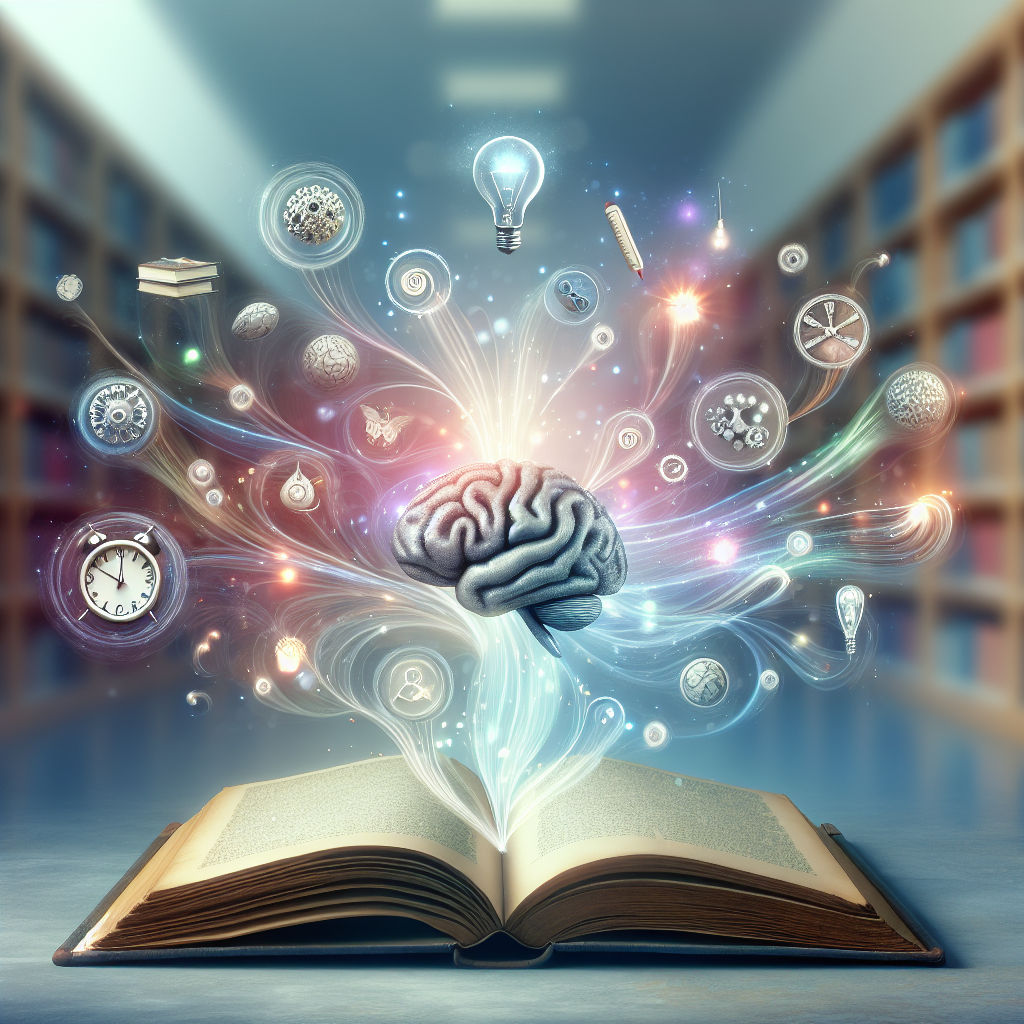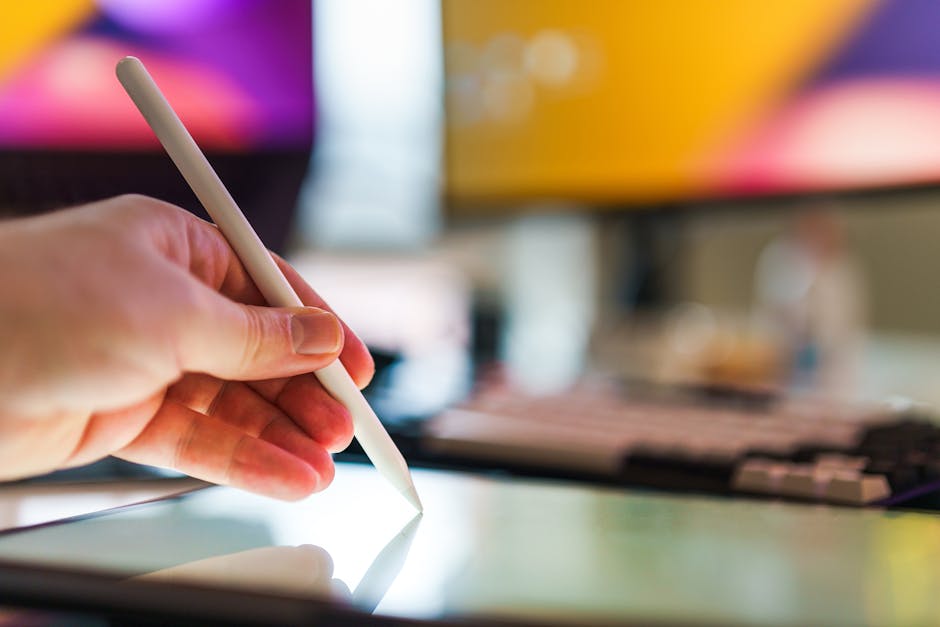Study Techniques That Enhance Memory Retention
Have you ever found yourself staring at a page full of notes, only to realize you can’t remember a thing you just read? 🙈 You’re not alone! Many of us struggle with memory retention, especially when faced with loads of information. Fortunately, there are study techniques that can help enhance your memory retention. In this post, we’ll explore some effective strategies to make your study sessions more productive and your memory sharper. Let’s dive in!
Table of Contents
1. Spaced Repetition
2. Active Learning
3. Use of Visual Aids
4. Mind Mapping
5. Maintain a Healthy Lifestyle
6. Conclusion
7. FAQs
Spaced Repetition 🗓️
Spaced repetition is a technique where you review information at increasing intervals over time. This method leverages the psychological spacing effect, which helps reinforce memory by revisiting material at strategic times. Instead of cramming all your study into one session, try spreading it out over several days or weeks. Apps like Anki or Quizlet can help automate this process, making it easier to schedule your reviews.
Active Learning 🎯
Active learning involves engaging with the material in a way that requires your participation. This could mean discussing topics with peers, teaching someone else what you’ve learned, or applying concepts to real-world scenarios. By actively involving yourself in the learning process, you create more pathways in your brain, which helps in better retention of information.
Use of Visual Aids 🎨
Visual aids such as charts, diagrams, and videos can be incredibly effective tools for memory retention. Our brains are wired to process visual information quickly, making it easier to recall later. Try drawing diagrams that represent the relationships between ideas or use color-coding to differentiate between concepts. You’ll be amazed at how a splash of color can brighten up your memory!
Mind Mapping 🧠
Mind mapping is a technique that involves creating a visual representation of concepts and ideas, linked around a central theme. This method not only helps in organizing information but also in understanding the connections between different concepts. Start with a central idea and branch out with subtopics, using lines to connect related ideas. It’s like creating a roadmap for your brain!
Maintain a Healthy Lifestyle 🍏
Believe it or not, your lifestyle choices can significantly impact your memory retention. Regular physical activity, a balanced diet, adequate sleep, and stress management are all crucial for optimal cognitive function. Incorporating activities like meditation or yoga can also enhance focus and concentration, giving your brain the best chance to retain what you learn.
Conclusion
Improving memory retention is not about working harder, but smarter. By using techniques such as spaced repetition, active learning, visual aids, and mind mapping, while maintaining a healthy lifestyle, you can make your study sessions more effective. Remember, it’s about finding what works best for you and being consistent with it. Happy studying! 🎓
FAQs
Q1: How long should I study using spaced repetition?
A: The length of study sessions can vary, but it’s generally effective to review material in short, frequent bursts over several days or weeks.
Q2: Can visual aids really make a difference in learning?
A: Absolutely! Visual aids can simplify complex information, making it easier to understand and remember.
Q3: What is the best time to study for better retention?
A: While the best time can vary based on personal preferences, many find morning or late afternoon to be most effective when the mind is fresh.
Q4: How does exercise help with memory retention?
A: Physical activity increases blood flow to the brain, promoting the growth of new neurons and enhancing cognitive functions, including memory.
Q5: Is it better to study alone or in groups?
A: This depends on your learning style. Some benefit from group discussions, while others retain information better when studying alone.





